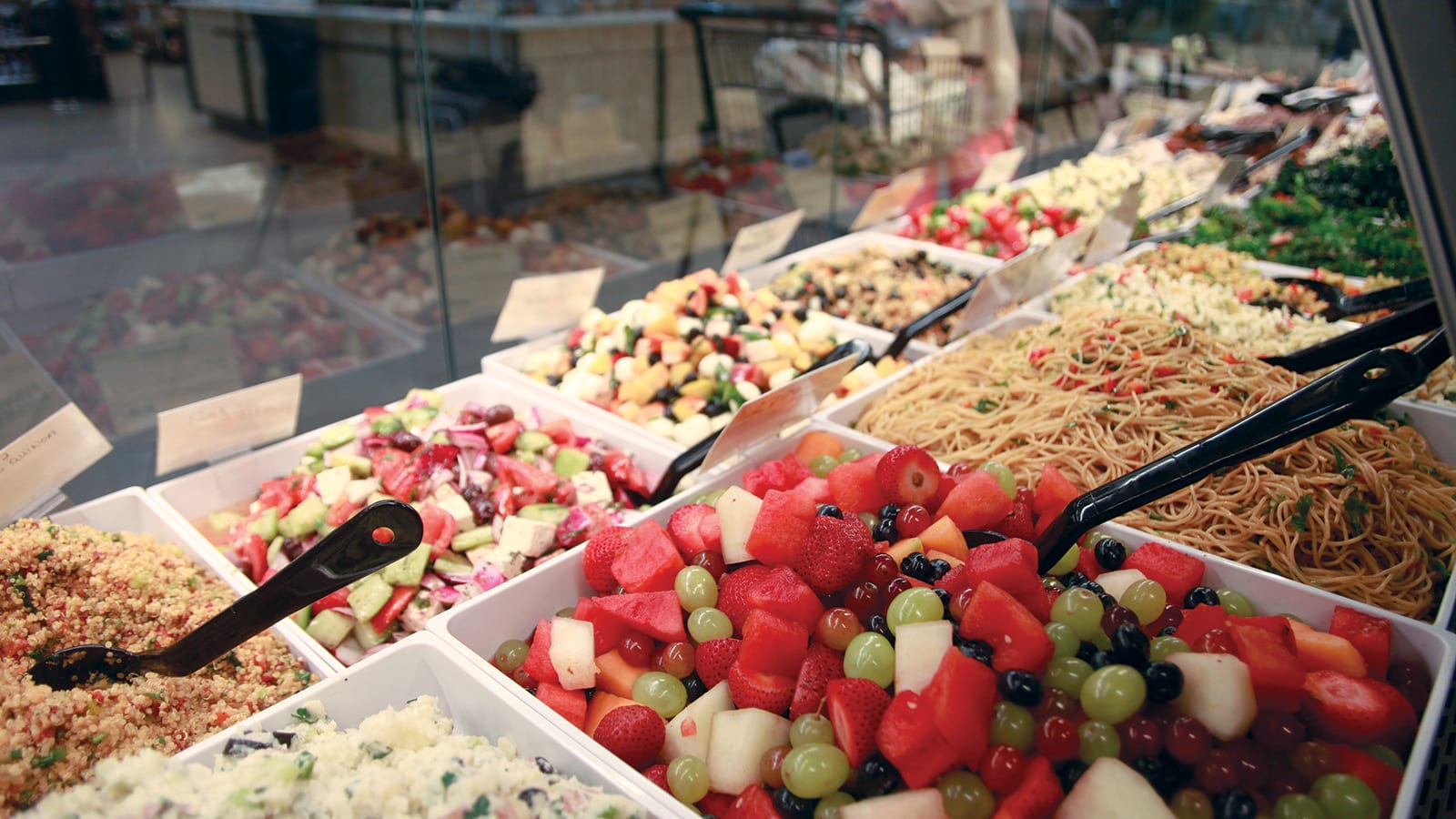Sustainability Report
This article was originally published in September 2018

PCC has been an industry leader in sustainability since we began operating 65 years ago. We recently pledged to replace all plastics from our delis with compostable options by 2022. That’s nearly 5 million petroleum-based plastic deli containers a year!
The most common customer request that we receive is to reduce our use of plastics. We couldn’t agree more and we have been constantly exploring new opportunities to transition to more compostable options.
We have a history of setting packaging standards in sustainability goals. In 2007 we eliminated plastic shopping bags from our stores and replaced them with paper-only options. This was a $100,000 transition that we knew was the right thing to do and that is why we decided to adjust our own policies, nearly five years before the Seattle city ban was issued. In 2015 we replaced all hot and cold beverage cups and lids, soup cups and lids, forks, spoons, knives and straws with compostable options, well ahead of Seattle’s most recent ban on plastic straws and utensils effective this year.
Our next pursuit will be to eliminate petroleum-based plastics from our delis – a huge step toward zero waste and reducing our reliance on petroleum. This is just one goal within PCC’s comprehensive set of five-year sustainability goals. To learn more and read the rest of our sustainability goals, click here.
